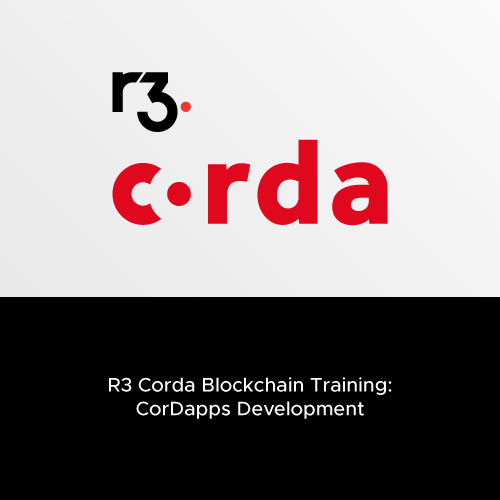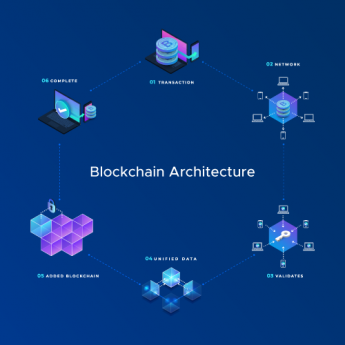Objectives
What you’ll learn:
Overview of Corda
- Principal features
- Concepts in Corda
- Consensus mechanism
- Business logic
- Comparisons/Main differences between Corda and Ethereum
Introduction to CorDapp
- What is a CorDapp?
- How to write a CorDapp
- How to upgrade a CorDapp to a new version
- Corda API
- Object serialization
- Secure programming guidelines
Corda Nodes
- Local nodes and how to execute them
- Deploying a Corda node
- Node configuration guidelines
- The Client RPC
- The Shell
- Node database system
- Node administration basics
Corda Ecosystem
- Setting up the network
- How to permission the network
- The Network Map
- Versioning process
Programming Smart Contracts in Corda
- Writing a smart contract
- Writing a smart contract test
- Upgrading smart contracts
- Integration testing
Client RPC API and Smart Contracts Coding
- Overview of client RPC API
- Whitelisting classes from CorDapp
Transactions
- Overview of Corda transactions
- Life cycle of Corda transactions
- Gathering inputs
- Generating commands
- Generating outputs
- Completing the transactions
- Committing transactions
Modeling Business Processes
- Overview of workflows in Corda and continuation
- A 2-party trading workflow
- Suspendable functions
- White-listed classes and the Corda nodes
- Initiating the workflow
- How to implement the seller and the buyer
- Flow sessions
Corda Tools
- Node Explorer
- Network Simulator
- How to implement Corda Network on AWS Marketplace
- Building a Corda VM from the Azure Marketplace
- Load testing in Corda networks
Troubleshooting the CorDapp
- JVM issues
- IDEA issues
- Slow localhost issues





